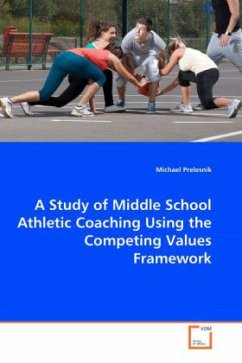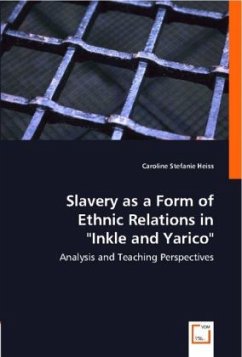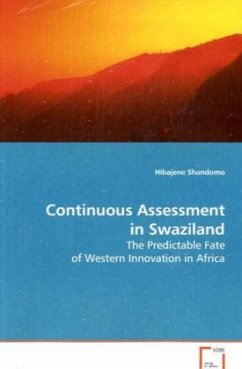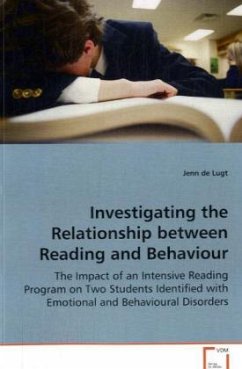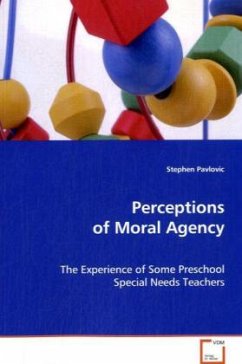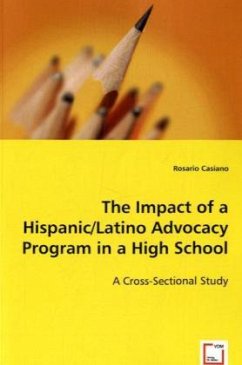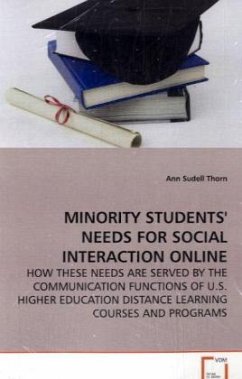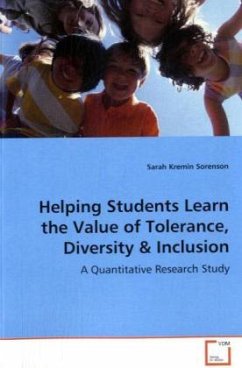
Swings and Round-Abouts
Student Connectedness in Secondary Schools
Versandkostenfrei!
Versandfertig in 6-10 Tagen
32,99 €
inkl. MwSt.

PAYBACK Punkte
16 °P sammeln!
Connectedness is a complex idea that seems to mean different things for each individual. For the purposes of this dissertation, connectedness can best be understood as the ways that an individual feels an affiliation with the community of the institution that he/she experiences. This dissertation seeks to uncover the discourses that various stakeholder groups have within the site of a single school concerning connectedness. One of the precepts that this dissertation holds is that connectedness to school has benefits for the individual as learner, the school as a community and potentially the w...
Connectedness is a complex idea that seems to mean different things for each individual. For the purposes of this dissertation, connectedness can best be understood as the ways that an individual feels an affiliation with the community of the institution that he/she experiences. This dissertation seeks to uncover the discourses that various stakeholder groups have within the site of a single school concerning connectedness. One of the precepts that this dissertation holds is that connectedness to school has benefits for the individual as learner, the school as a community and potentially the wider community in years to come. This is a theoretical position in the lineage of such theorists as Plato, Rousseau, and Dewey who have argued that education is a transformative practice that could be a tool for solving some of the issues that contemporary societies face. This work uses the theories of Foucault to extend the analysis to argue that connectedness is not a monolithic constant, but rather a complex set of converging and diverging discourses that students must contend with.



